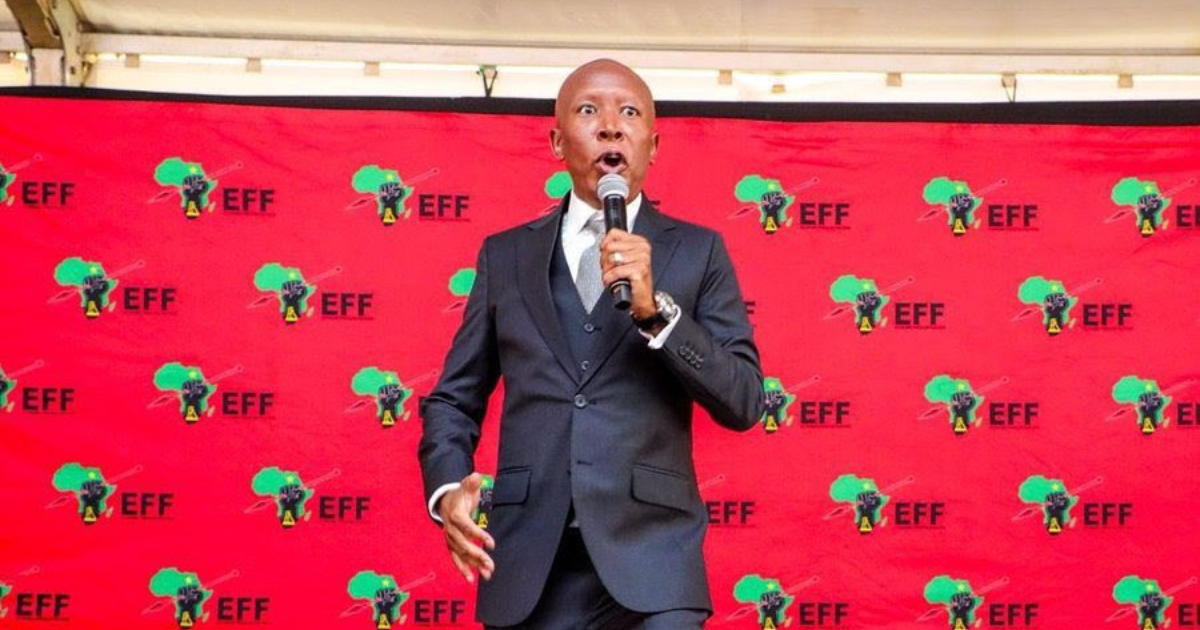South Africa’s firebrand EFF leader, Julius Malema, was found guilty of hate speech by the Equality Court in Cape Town yesterday. The verdict centres on comments he made at a 2022 rally, telling supporters that no white man was going to beat him up and they “should never be scared to kill”. It was language that the court deemed “a clear intention to incite harm and to promote or propagate hatred”.
This isn’t Malema’s first brush with a legal rebuke over his comments. A prior conviction stemmed from his singing of the anti-apartheid protest song “Dubul’ ibhunu” (“Kill the Boer, kill the farmer”)—a ruling later overturned but not without creating a firestorm at home and abroad.
Internationally, he’s perhaps best known for his footage being shown by President Trump during a tense Oval Office meeting with Ramaphosa in May. Trump used the clips to claim white farmers were being targeted in a “genocide” – an ongoing misinformation campaign that right-wing figures, including Elon Musk, have sold by using clips of Malema’s violent language towards white people.
The consequences of Malema’s inflammatory rhetoric have been growing, though. He was denied a visa to the UK earlier this year for being “non-conducive to the public good”. The Home Office said, in a letter released by the EFF, that Malema had made “statements calling for the slaughter of white people [in South Africa] or hinted that it could be an acceptable option in the future”. It also cited his vocal support for Hamas.
The EFF, meanwhile, has strongly condemned the latest ruling as a “grave distortion” of history, philosophy and the nature of political speech in South Africa. The party argues the court ignored context, including the Brackenfell High School protests where Malema made the comments, after its members clashed with white residents, and South Africa’s long history of structural violence against Black people.
The red berets have vowed to appeal to the Supreme Court of Appeal, framing the case as the suppression of revolutionary rhetoric. For Malema, though, the ruling adds another mark in his growing catalogue of controversies and sharpened national and global scrutiny of his politics.




